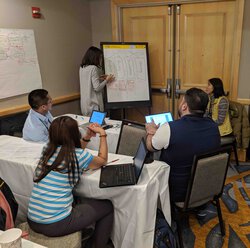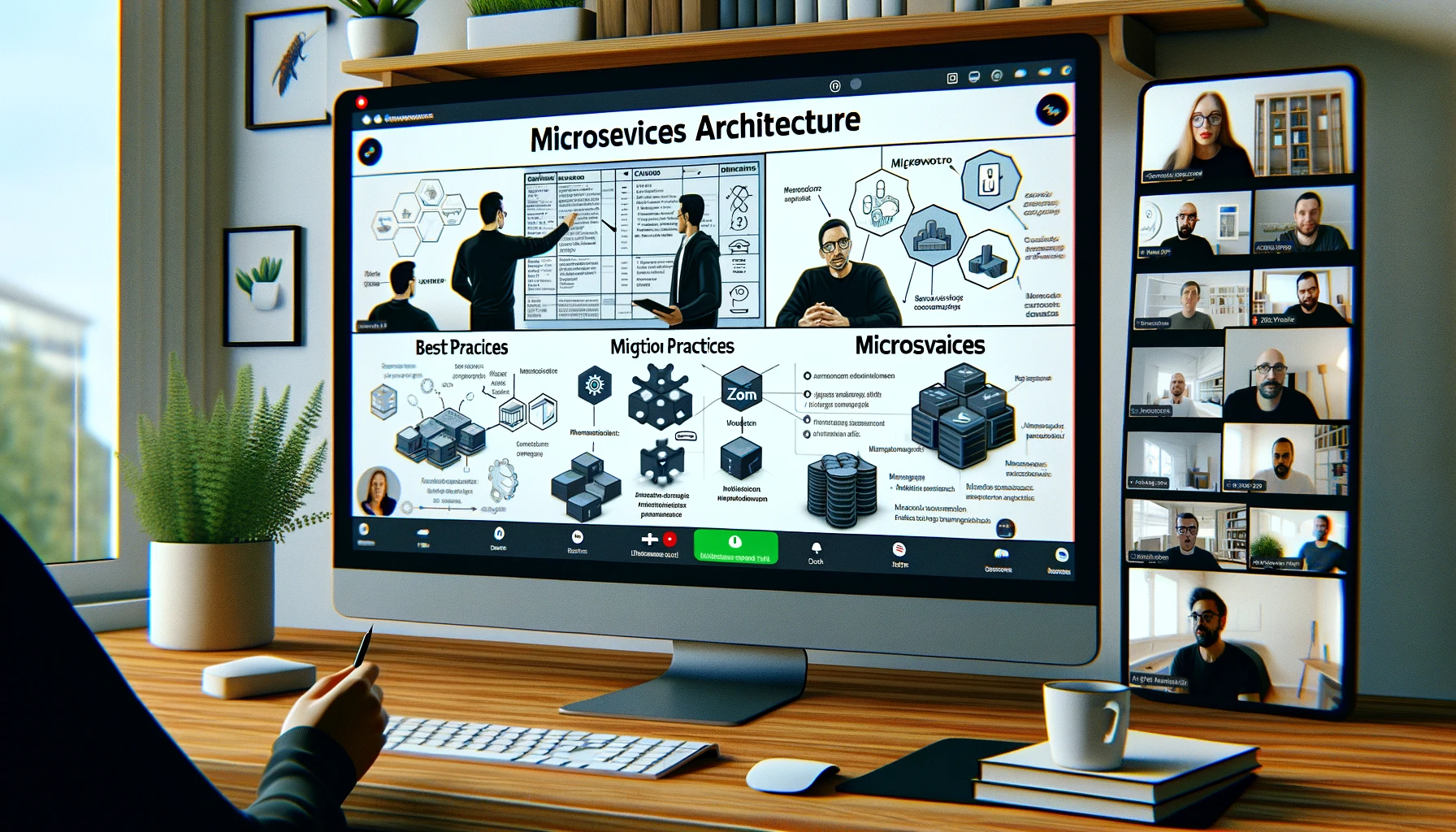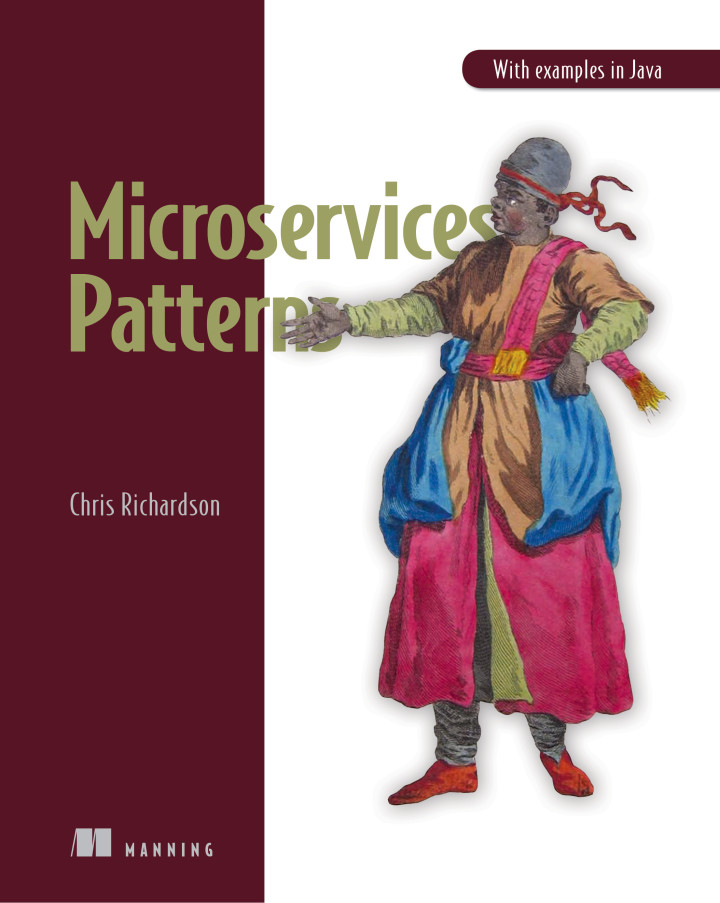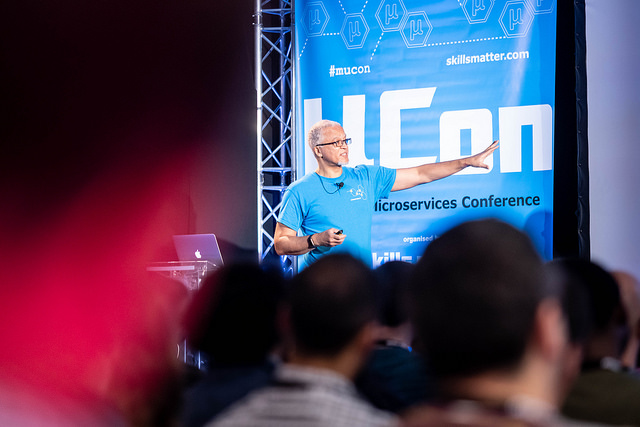Working in a high-performance organization
Contact me for information about consulting and training at your company.
The MEAP for Microservices Patterns 2nd edition is now available
One of my must read books is Accelerate: Building and Scaling High Performance Organizations. The authors found that developers in high-performance organizations that practice continuous delivery can:
- Make large-scale changes to the design of their system without the permission of somebody outside the team
- Make large-scale changes to the design of their system without depending on other teams to make changes in their systems or creating significant work for other teams
- Complete their work without communicating and coordinating with people outside their team
- Deploy and release their product or service on demand, regardless of other services it depends upon
- Do most of their testing on demand, without requiring an integrated test environment
- Perform deployments during normal business hours with negligible downtime
Forsgren PhD, Nicole. Accelerate: The Science of Lean Software and DevOps: Building and Scaling High Performing Technology Organizations . IT Revolution Press. Kindle Edition.
These findings are significant since they require an architecture that is loosely coupled, testable and deployable. It’s likely that a small monolith will have these characteristics. However, as the application and its team grows it’s increasingly likely that the microservice architecture is a better fit. In other words, you will start with a monolith and then refactor to microservices.
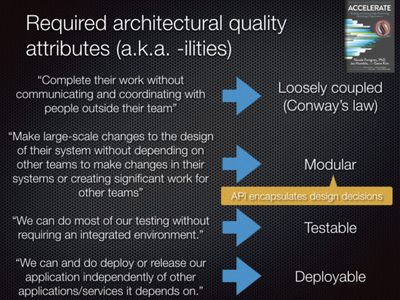
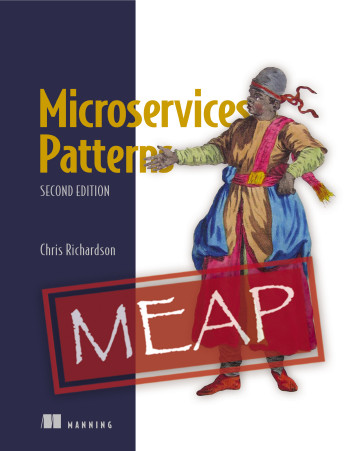

 Premium content now available for paid subscribers at
Premium content now available for paid subscribers at 